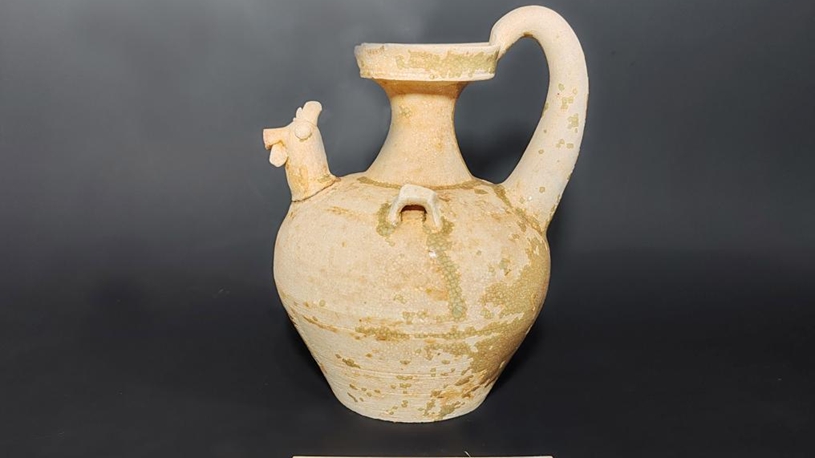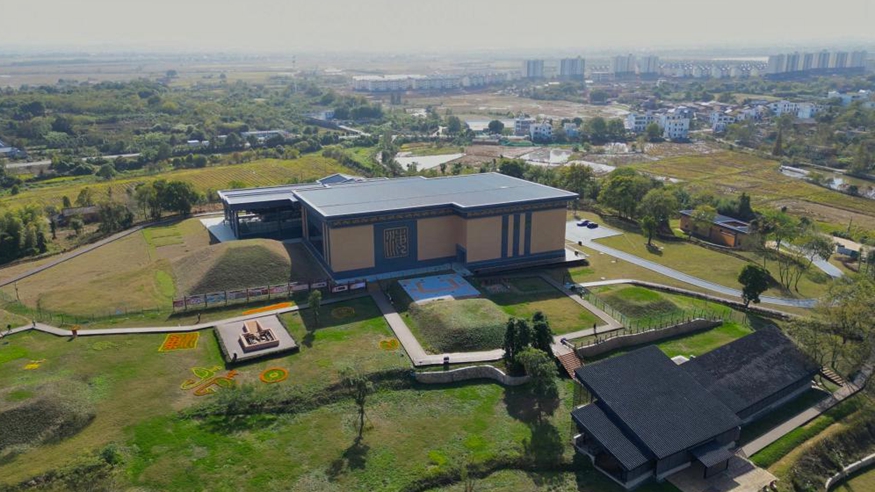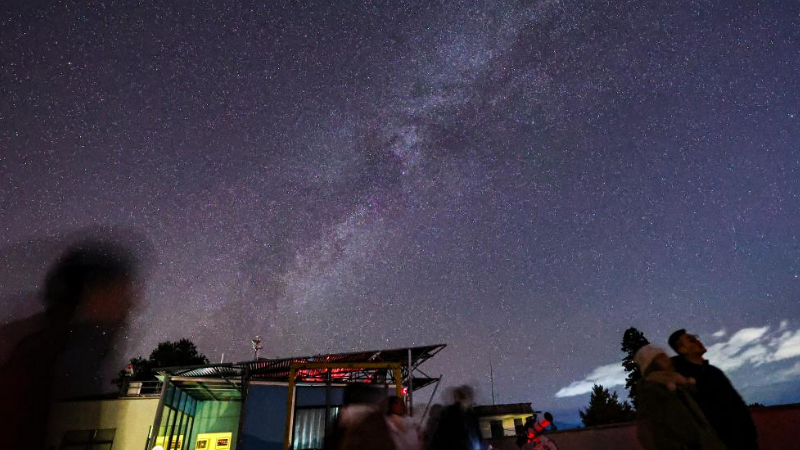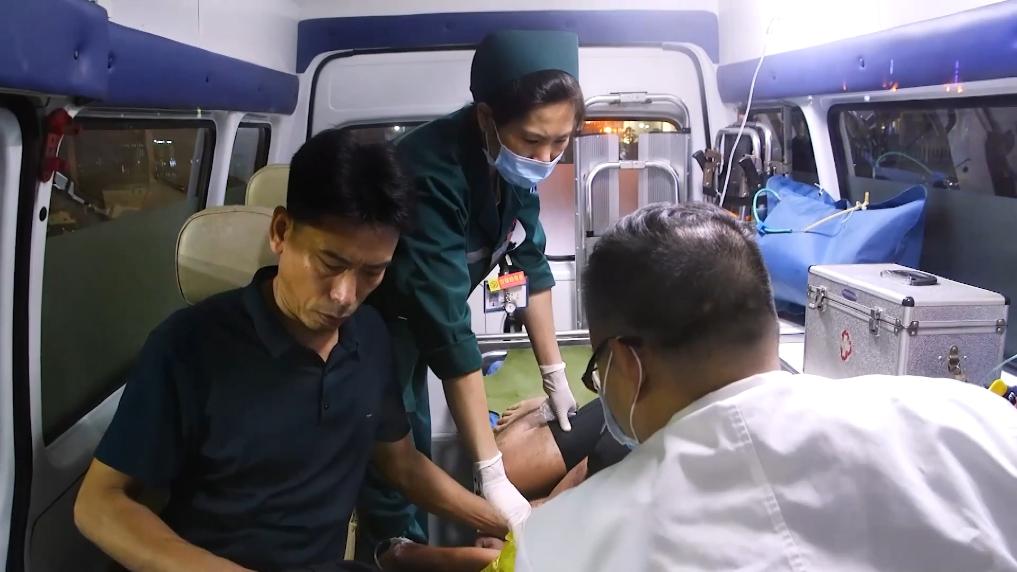by Dana Halawi, Huang Hongsheng
BEIRUT, Dec. 17 (Xinhua) -- In the southern Lebanese village of Mays al-Jabal, Laila Sarhan, along with her husband and four children, hastily packed their winter clothes into luggage and relocated to the Tyre city, 26 km north of the country's southern border, to escape escalating Israeli attacks.
Sarhan returned to her village on Nov. 24, hoping for stability after a humanitarian truce was brokered between Hamas and Israel following seven weeks of armed conflict. However, her optimism was short-lived as the ceasefire ended on Dec. 1, prompting the family to seek refuge once again.
"With the end of the truce, we felt endangered after the Israeli army resumed its military operations, so it was necessary to leave quickly and head again to our temporary shelter center in Tyre," expressed the 50-year-old housewife, voicing concerns over the challenges her family may face away from home amidst the harsh winter conditions.
The Lebanon-Israel border experienced heightened tension starting Oct. 8, lasting for more than two months after Hezbollah, a Lebanese armed group, supported Hamas attacks on Israel. The resulting clashes between the Shiite military group and Israeli forces led to increased instability in the region.
Following the Nov. 24 truce, which brought a brief respite, confrontations resumed on the first day of December, causing the number of displaced citizens in Lebanon's southern border areas to surge to over 55,000.
Displaced individuals fled from more than 40 border villages and towns to cities such as Nabatieh and Tyre, and the village of Hasbaya, with a smaller number of people seeking refuge in the capital Beirut, according to a study conducted by Lebanon's Interior Ministry and the United Nations Office for the Coordination of Humanitarian Affairs.
To mitigate the impact of the Israeli bombardment, the Lebanese government approved last month a compensation package of 10 million U.S. dollars, disbursed by the Council for South Lebanon. The compensation plan includes financial support for owners of destroyed and partially damaged homes, as well as the wounded and families of the deceased.
Nevertheless, a significant number of the displaced individuals voiced dissatisfaction, saying the assistance they are receiving falls short of their needs.
Salima Al-Qadiri, at a hotel turned shelter center in the southern village of Hasbaya, expressed sadness at fleeing her home and leaving behind the winter supplies she had collected for weeks, voicing concerns about accessing the minimum requirements to endure the cold winter weather.
Jalal Al-Tahini, who relocated from Ain Ebel to Nabatieh, expressed fears of prolonged battles on the border amid a challenging economic situation and the inability to secure essential supplies.
"The Lebanese state is barely supporting itself, and donor contributions are limited to mattresses, bottled water, and canned food," Al-Tahini told Xinhua.
"How do we manage the bitter winter without firewood and heating diesel?" asked the Lebanese man, receiving no response. ■












